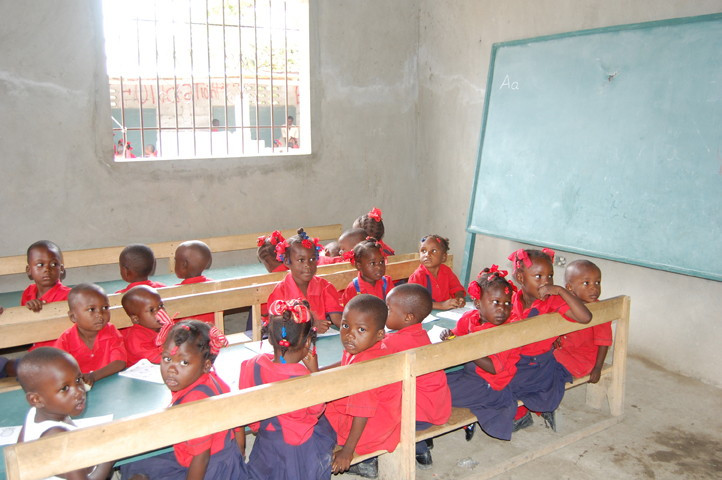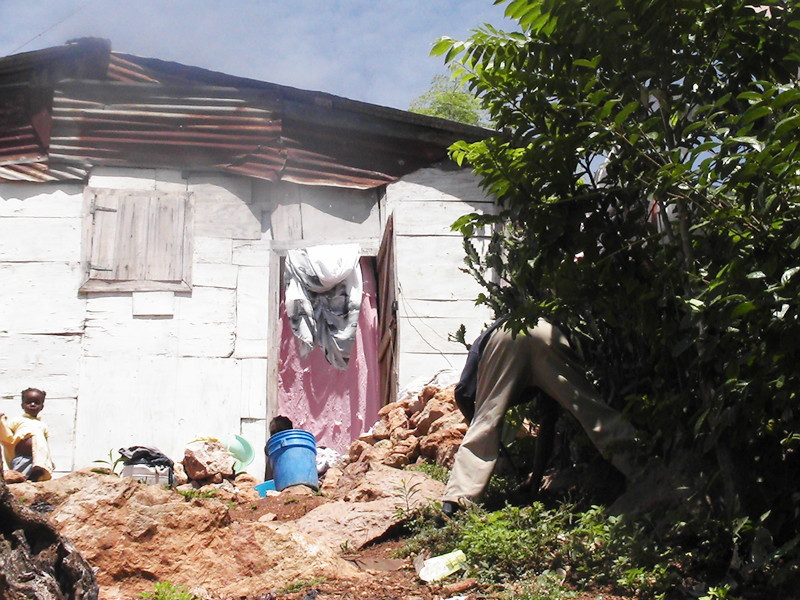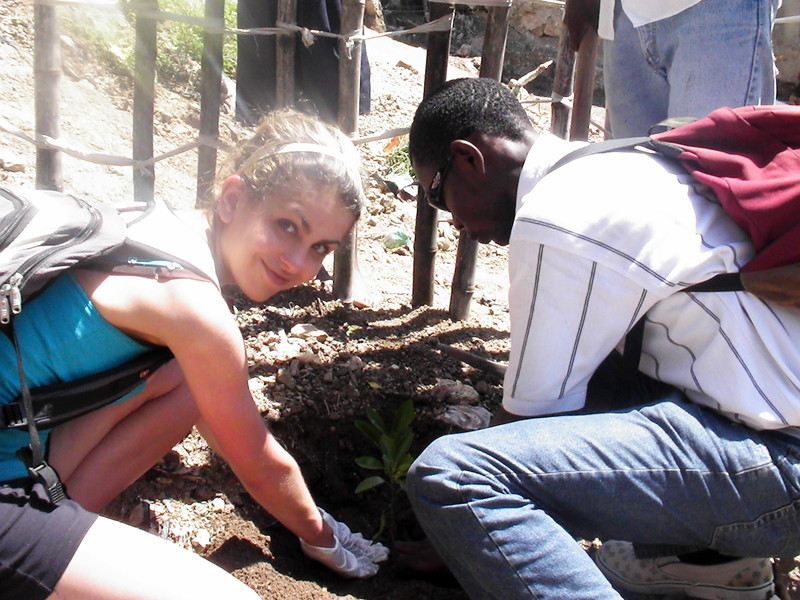Canada discourages aid missions to Haiti
Claims of danger justify failed aid strategy, group alleges
The Canadian Embassy in Haiti has recently discouraged trips to the country, even for humanitarian purposes, leading some to question the motives behind Canada’s policies towards the impoverished country.
Sarah Yachison, a fifth-year psychology student at the University of Winnipeg, visited Haiti in the spring through the non-profit Haitian Education Project (HEP). Yachison’s parents were told by the embassy that the region was too dangerous and advised against visiting the country.
Yachison’s father, Dean Yachison, spoke directly with the Canadian ambassador in Port-au-Prince, the capital of Haiti.
“He informed me that he would not advise her traveling to Haiti ... They were in the middle of an election ... there could be civil unrest,” said Dean.
During the time of Yachison’s visit, there were Senatorial elections taking place in Haiti. However, voter turnout was extremely low and violence was minimal.
Haiti remains the second-largest recipient of Canadian aid abroad, with $110 million invested annually in the region.
This begs the question why the embassy would attempt to stop non-profits from operating under the same mandate as the Canadian government.
“[It is] the nature of these embassies,” said Raymond Vander Zaag, program co-ordinator of international development studies at Canadian Mennonite University. “They are cautious about people visiting Haiti because if anything happens during election time the embassy is responsible for evacuation, among other things.”
Others believe the government has more sinister motives in discouraging people from visiting the country, and that aid is not being adequately distributed.
“Part of what allows the Canadian government to claim success in Haiti in the training of police [and other initiatives] is the fact that Canada continues to ensure or give the impression that Haiti is a wildly dangerous place,” said Stuart Neatby, a member of Canada Haiti Action Network (CHAN), a network of committees that seek to raise awareness about the alleged impropriety in Canada’s relations with Haiti.
CHAN members hold that by investing aid in non-governmental organizations (NGOs), Canada is doing nothing to strengthen Haiti’s crippled public sector.
The organization further believes that Canada was complicit in the coup that removed President Jean-Bertrand Aristide’s government in 2004. The former president was put into exile and replaced by Gerard Latortue, a United Nations official living in the United States.
CHAN claims that Canada has repeatedly invested in preventing Aristide’s party, Fanmi Lavalas, from returning to power.
Vander Zaag disagrees.
“I would not call it a coup but a loss of power from the old president,” he said. “The international community, particularly not Canada, did not back [or aid] the overthrow.”
CHAN members point out that the Latortue government was recognized by the United States and that Aristide claimed to have been “kidnapped” by American soldiers.
According to a Lancet Medical Journal report, in the 22 months following the removal of Aristide from government, 8,000 murders and 35,000 sexual assaults took place in Port-au-Price alone.
Published in Volume 64, Number 10 of The Uniter (November 5, 2009)










